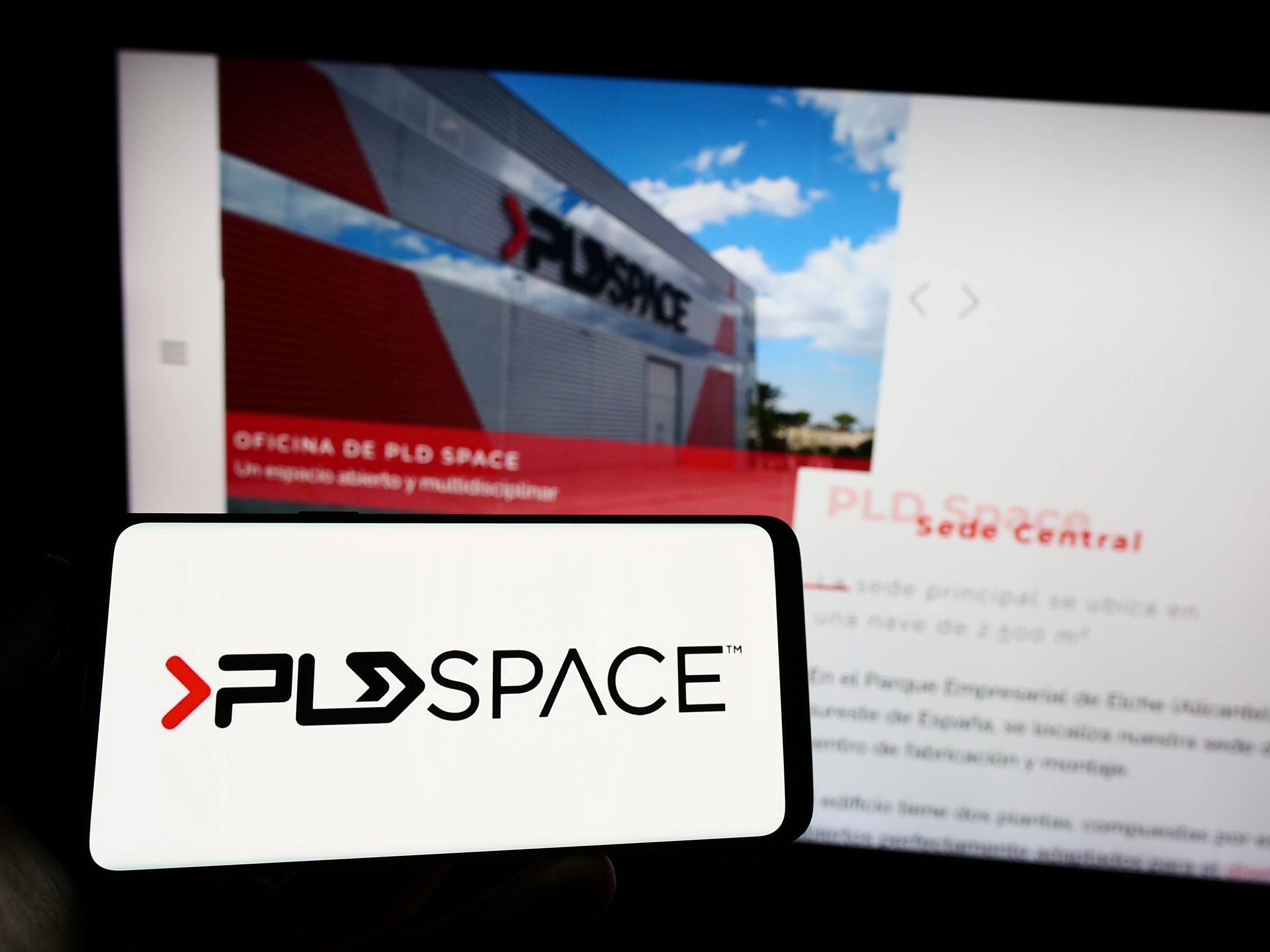
Spanish company PLD Space launched the first private European rocket, MIURA 1, on Saturday (7 Oct) from Huelva, southern Spain. Data collected from the flight will inform the MIURA 5’s research and development.
The launch sees Spain become the tenth country in the world to reach direct space capability.

Access deeper industry intelligence
Experience unmatched clarity with a single platform that combines unique data, AI, and human expertise.
Spain’s Prime Minister Pedro Sanchez posted on X (formerly Twitter) that the launch was “a milestone that positions Spain’s research and development at the forefront of space transportation.”
The first launch of MIURA 1 took place at 02:19 CET (00:19 UTC) on 7 October at the El Arenosillo Experimentation Centre, belonging to the Spanish National Institute for Aerospace Technology.
The flight lasted 306 seconds, in which time MIURA 1 reached apogee at an altitude of 46 kilometres. The mission concluded with the rocket landing in the Atlantic Ocean.
MIURA1 had previously attempted to launch twice but was halted by high winds and cable failure.

US Tariffs are shifting - will you react or anticipate?
Don’t let policy changes catch you off guard. Stay proactive with real-time data and expert analysis.
By GlobalDataPLD Space’s launch director and co-founder, Raúl Torres, said in a statement: “This test flight has yielded valuable data, enabling us to validate crucial design elements and technologies that will underpin the development of our MIURA 5 orbital launcher.”
The MIURA 5’s maiden launch is scheduled for 2025 at the European spaceport CSG in Kourou, French Guiana, with commercial operations set to begin in 2026.
GlobalData’s Thematic Intelligence: The Space Economy report puts the value of the industry in 2022 at $450bn and suggests that it will see a compound annual growth rate of between 6% and 10% from then until 2030.
Government agencies are increasingly playing a stewardship role within the sector but still retain a prominent interest, such as with India’s Chandrayaan-3, which in August became the first spacecraft to land on the south pole of the Moon.







